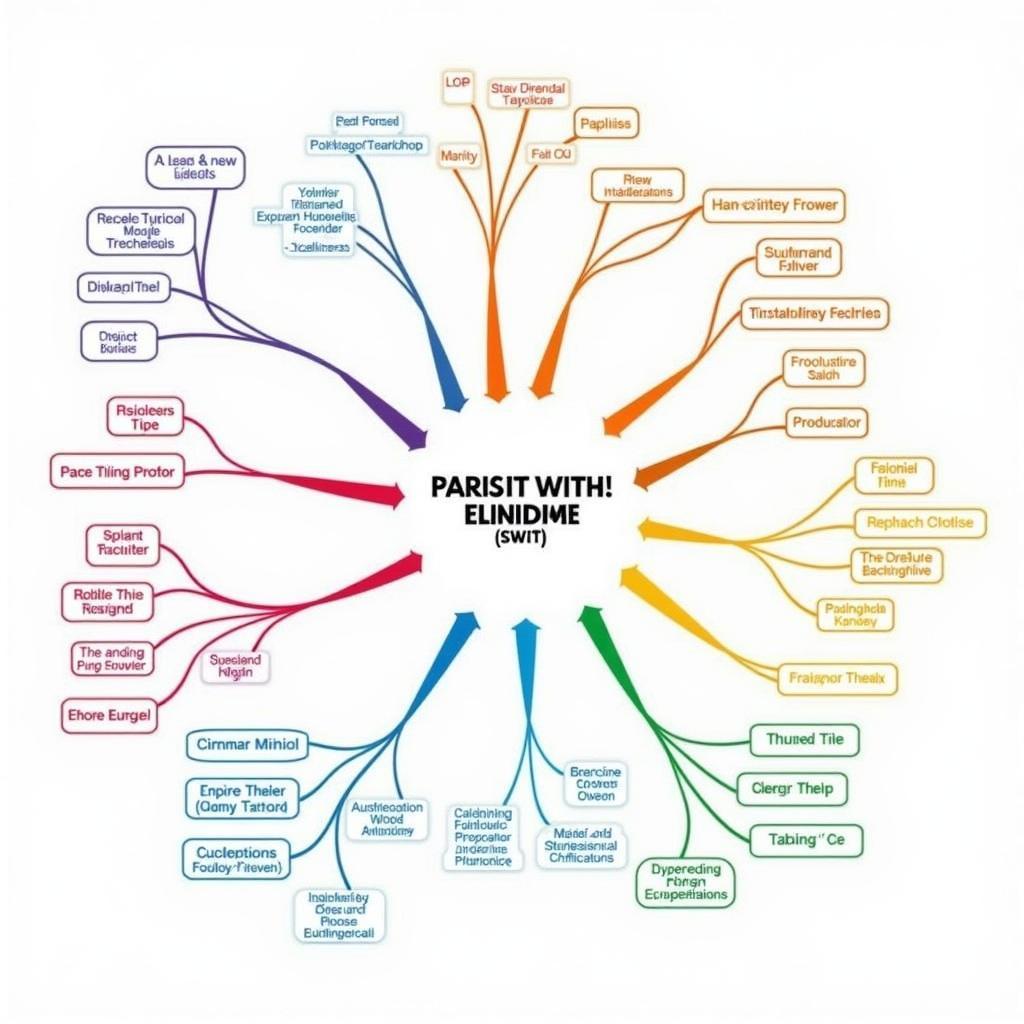Mastering information retention is crucial for IELTS success, particularly when dealing with complex academic passages. This comprehensive guide explores proven techniques to enhance your ability to retain and recall detailed information effectively during the IELTS reading test.
Understanding the Challenge of Information Retention
The IELTS reading section presents candidates with dense academic texts containing numerous details, facts, and concepts. Like many test-takers focused on improving speed with scanning techniques, you might find yourself struggling to retain important information while reading quickly.
The Science Behind Information Processing
Our brain processes information through three main stages: encoding, storage, and retrieval. Understanding these cognitive processes helps develop more effective retention strategies. As Dr. Sarah Thompson, cognitive learning specialist, explains: “The key to improving retention lies in creating meaningful connections between new information and existing knowledge.”
Proven Strategies for Enhanced Retention
1. Active Reading Techniques
Similar to handling long academic passages efficiently, active reading involves:
- Creating mental images of concepts
- Asking questions while reading
- Making connections to prior knowledge
- Summarizing key points in your own words
- Identifying text patterns and relationships
2. The Mind Mapping Method
Mind mapping is particularly effective for improving retention of important passages. This visual technique helps organize information hierarchically:
- Place the main topic in the center
- Branch out with key supporting details
- Use colors to categorize information
- Add symbols or simple drawings
- Connect related concepts with lines

3. The Chunking Technique
Breaking down complex information into smaller, manageable chunks significantly improves retention. When applying strategies for answering summary questions accurately, chunking helps you:
- Group related information
- Create logical sections
- Process information systematically
- Reduce cognitive load
- Improve recall accuracy
Advanced Memory Enhancement Methods
1. The Memory Palace Technique
This powerful mnemonic device involves:
- Visualizing a familiar physical space
- Placing key information at specific locations
- Creating vivid mental associations
- Following a logical path through the space
- Retrieving information by mentally walking through the palace
2. The SQ3R Method
Survey, Question, Read, Recite, Review – this systematic approach enhances comprehension and retention:
- Survey: Quickly preview the text
- Question: Form questions about the content
- Read: Actively read for answers
- Recite: Summarize in your own words
- Review: Reflect and consolidate learning
Physical and Environmental Factors
Just as Branched-chain amino acids (BCAAs) can affect physical performance, various factors influence mental performance and retention:
- Adequate sleep (7-9 hours)
- Proper hydration
- Regular exercise
- Optimal study environment
- Balanced nutrition
Practice Exercises for Better Retention
- Information Mapping Exercise
- Read a passage
- Create a visual map
- Test recall after 5 minutes
- Revise and strengthen weak areas
- The 50-Word Challenge
- Read a complex paragraph
- Summarize in exactly 50 words
- Compare with original text
- Identify key details retained
Conclusion
Improving retention of detailed information requires a combination of proven techniques, consistent practice, and optimal learning conditions. By implementing these strategies systematically, you’ll enhance your ability to retain and recall crucial information during the IELTS reading test.
Frequently Asked Questions
Q: How long should I practice these retention techniques before the IELTS test?
A: Begin practicing at least 6-8 weeks before your test date to develop automatic application of these strategies.
Q: Which technique works best for scientific texts?
A: The chunking technique combined with mind mapping is particularly effective for scientific and technical content.
Q: Can these strategies help with listening section too?
A: Yes, many of these retention techniques, especially active listening and mind mapping, are equally effective for the listening section.
Q: How do I know if my retention is improving?
A: Regular practice tests with timed conditions will show improved accuracy and completion rates in reading tasks.
Q: What should I do if I forget important details during the test?
A: Use your mental maps and organized notes to trigger recall, and rely on context clues within the passage.